Truth, fiction, and our fascination and indifference to the murky area in between them
I'm supposed to be purging books, getting rid of them like every other object weighing me down. I know, I know, and I am—I have donated probably close to 1,000 books to Housing Works in the last few months. And yet, it's the hardest part of this moving process, because each one I haven't read that I still want to read calls out to me. So even though I own several books by Paul Monette I haven't read, and some were slated to go in the giveaway pile, this morning I picked up his memoir Last Watch of the Night: Essays Too Personal and Otherwise. I skipped ahead and got sucked into reading his scathing words about the attempts to unmask young child abuse victim and, later, AIDS patient Tony Johnson. So powerful was the writing that I wanted to perhaps read Tony's memoir, A Rock and a Hard Place: One Boy's Triumphant Story, published the year I graduated high school, 1993.
The first thing I did was go to Amazon, where I found multiple one-star reviews, and learned that Armistead Maupin wrote The Night Listener about just this story. But on Amazon, the reactions are a fascinating exploration, pre-James Frey, about whether truth in memoir matters. One review title: "This is an amazing book... SO WHAT IF IT'S NOT TRUE." Another writes: "I was so sad to learn that Tony wasn't a real person, that I had shared my fears with someone who wasn't living with AIDS at all. I hope that Victoria, or whatever her name is who masquerades as Tony, gets the help she obviously needs. She very likely isn't a bad person and probably was a source of support and encouragement for a lot of people, particularly for abused and neglected children, but she could have done that without misleading people and without writing a supposed autobiography and making dishonest money off of unsuspecting people." New York drew parallels between Tony's story and JT LeRoy's:
Johnson was supposedly a teenager with AIDS who had endured an incredibly abusive childhood until he was adopted, at 11, by a “social worker” named Vicki. In the early nineties, he contacted the writer Paul Monette, who was himself dying of AIDS and who connected Tony to editors. After reading Tony’s memoir, Maupin asked to be put in touch with Tony and began a long telephone friendship. But nobody had ever met Tony in person, and it was noted how similar his voice was to that of his adoptive mother, Vicki, the only person who would claim to have seen him. Like LeRoy, Tony built a network of writers and celebrities, created a Website, and touched the hearts of an adoring public.What I also found interesting is that even Snopes sites Amazon reviews in its piece, which seems...a little fishy. Opinions are, after all, opinions. I don't have time to research everything written about this topic today but ultimately I was left with this awe of the written word. Since I read Monette first, and he was so fierce and outraged at this attempt by Newsweek to debunk Johnson, and basically made it sound like only horrible people would question the story, it's mentally jarring to then read that probably (or perhaps, definitely) Monette was wrong. It all left me thinking about the power of the written word. Is Monette's writing less powerful even if he was wrong, if that ire was misplaced? I have to conclude, based on my own experience as a reader, no. It's a reminder that no matter how stirring the written (or spoken) word, the job of the reader or listener is never to be so seduced by it that we turn off our brains. We are all reporters, in a sense, and especially when veracity is in doubt, if we want to be informed readers, we have to think and dissect and analyze. Or, we have to be like that first Amazon reviewer I quoted, and accept that we read for different reasons, that perhaps overly relying on the "truth" of memoir, when of course it's constructed and massaged and always full of the frailty of memory and the fact that "truth " is subjective, means that we lose out on the humanity of what we are reading. And maybe we as a culture crave stories about those who would go out of their way to create fake sensational stories; I will cop to being fascinated by the lengths one would have to go to to create a fake person. I will read that story every time, because it speaks to something dark and twisted and outrageous.
In my case, it means I will keep the Monette book, because it did what I think a good book is supposed to do: it made me think. And perhaps that's more important than "right" or "wrong." At the end of the Newsweek story, Michele Ingrassia writes: "Charlotte, the spider in Charlotte's Web, knew what she was talking about when she said that humans were gullible, that they believed anything they saw in print." I am 100% gullible, in that good writing will always pull me in. But I also am grateful for the reminders, like today's, that I need to check my gullibility after the last word. That I, as a reader, always have a duty to not simply accept what's in print, but to press forward, to do my due diligence, and to question why I want or don't want to believe an author, whether of fiction or nonfiction, or some amalgamation of the two.
Labels: books, fiction, Paul Monette, Tony Johnson, truth














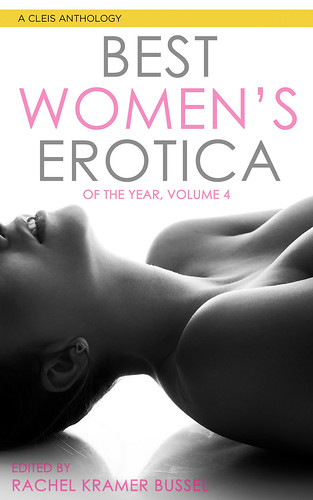

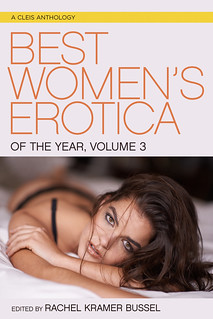
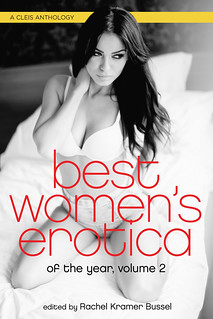
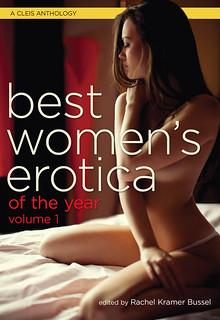
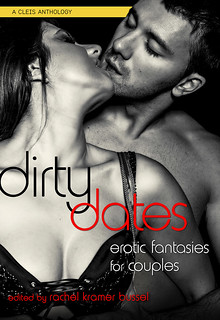


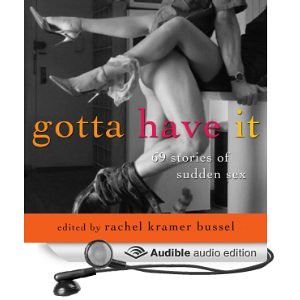
 The Big Book of Submission: 69 Kinky Tales
The Big Book of Submission: 69 Kinky Tales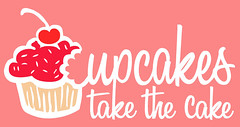


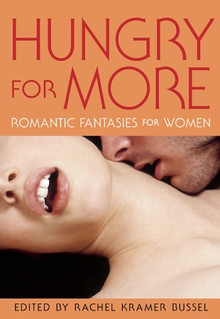
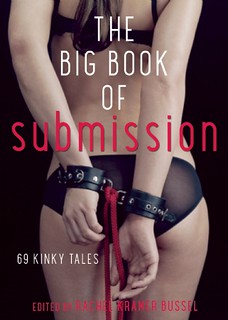
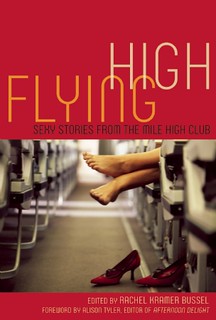 Flying High: Sexy Stories from the Mile High Club
Flying High: Sexy Stories from the Mile High Club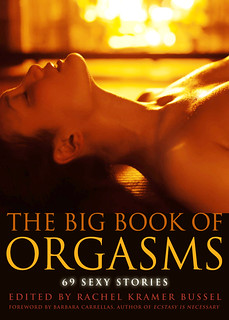
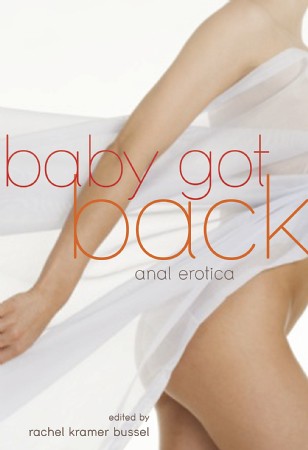

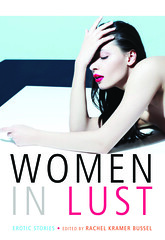






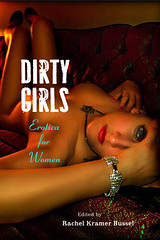






0 Comments:
Post a Comment
<< Home